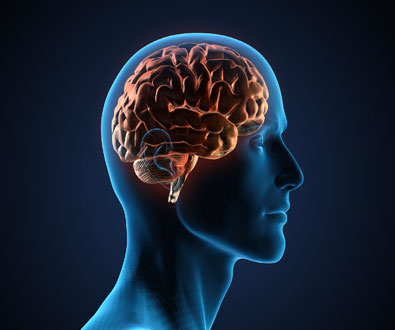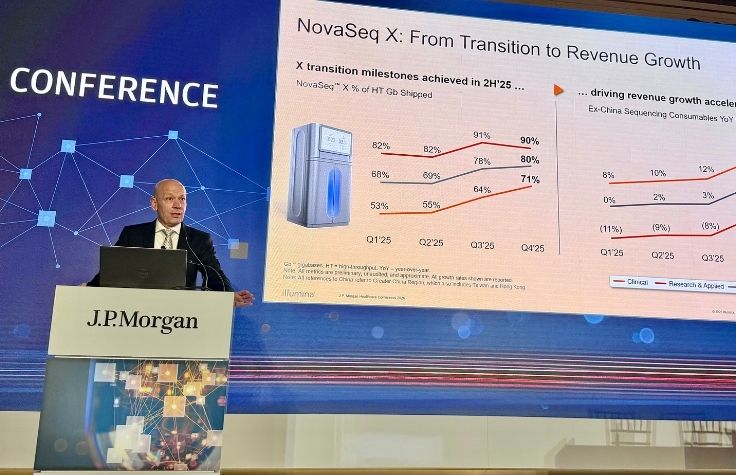
2015年4月8日
Ask anyone where they were on 9/11 and most people, if they were old enough to remember, can recall vivid details of that day. Ask them what they ate for breakfast two weeks ago, and the memory may not be as pronounced.
What the brain encodes as memory—enabling the ability to learn, make decisions, or store information— has baffled scientists for hundreds of years. Advances in technology have allowed researchers to gain a deeper understanding of how neurons encode learning and memory in the brain. Scientists are now using next-generation sequencing (NGS) to find out more.
Matt Huentelman, PhD, a neurogeneticist at the Translational Genomics Research Institute, has been studying the genetic and neurological variables that affect learning and memory, both in healthy humans and in those with neurological diseases such as Alzheimer’s.
In his latest project, Dr. Huentelman combines NGS, crowd-sourcing, and memory test data from up to one million volunteers from around the world, to identify genetic variants in brain cells and neurons, and determine whether demographic variables contribute to memory as well.
Click here to learn more about his research into memory, one brain cell at a time.


